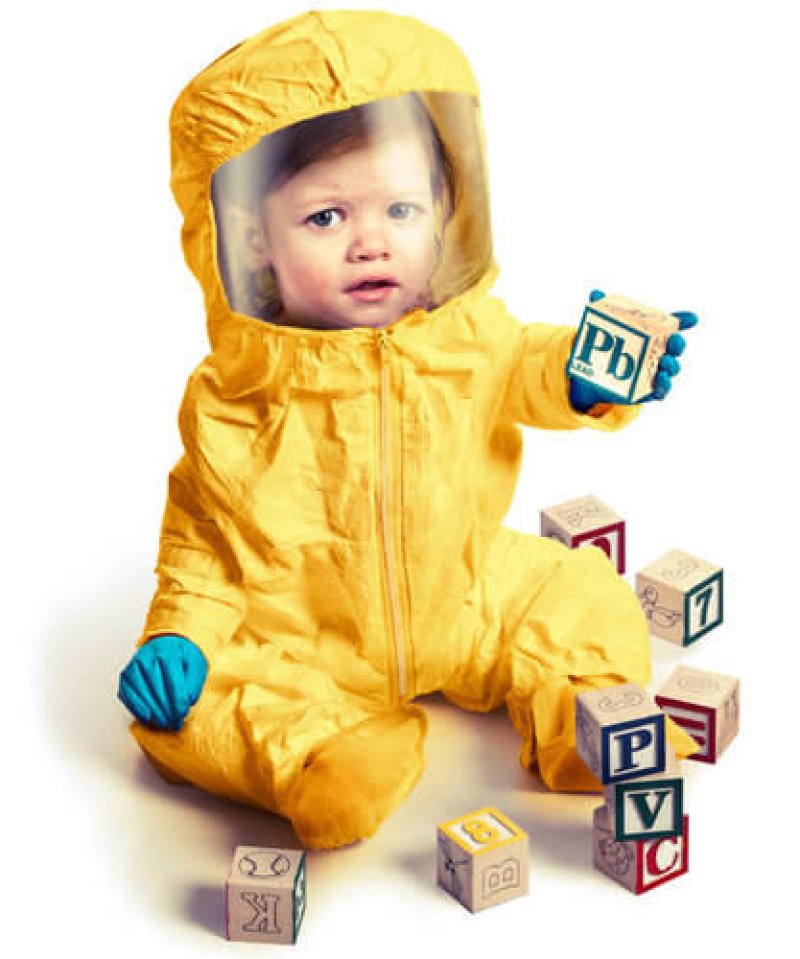Why do things that are unlikely to harm us get the most attention? In his new book Getting Risk Right, Geoffrey Kabat asks and answers that question. He says:
…we have been encouraged to worry about deadly toxins in baby bottles, food, and cosmetics; carcinogenic radiation from power lines and cell phones; and harm from vaccines and genetically modified foods… When looked at even the least bit critically, many of the scares that get high-profile attention turn out to be based on weak or erroneous findings that were hardly ready for prime time.
 Kabat explains the cognitive processes that underlie the paradox. The scary studies are often flawed and biased, and authors frequently make leaps way beyond the actual data, but we block out those considerations because of the visceral impact of scary findings. They “sound” true because of a broader cultural narrative.
Kabat explains the cognitive processes that underlie the paradox. The scary studies are often flawed and biased, and authors frequently make leaps way beyond the actual data, but we block out those considerations because of the visceral impact of scary findings. They “sound” true because of a broader cultural narrative.
…
He discusses the illusion of validity and the value of negative thinking (thinking about what data we might have overlooked), how a weak hypothesis can take on a life of its own due to social and psychological factors, how a scientific consensus of no risk can be outweighed in the public mind by a few vocal activists….
The GLP aggregated and excerpted this blog/article to reflect the diversity of news, opinion, and analysis. Read full, original post: Why Do Things That Are Unlikely to Harm Us Get the Most Attention?































